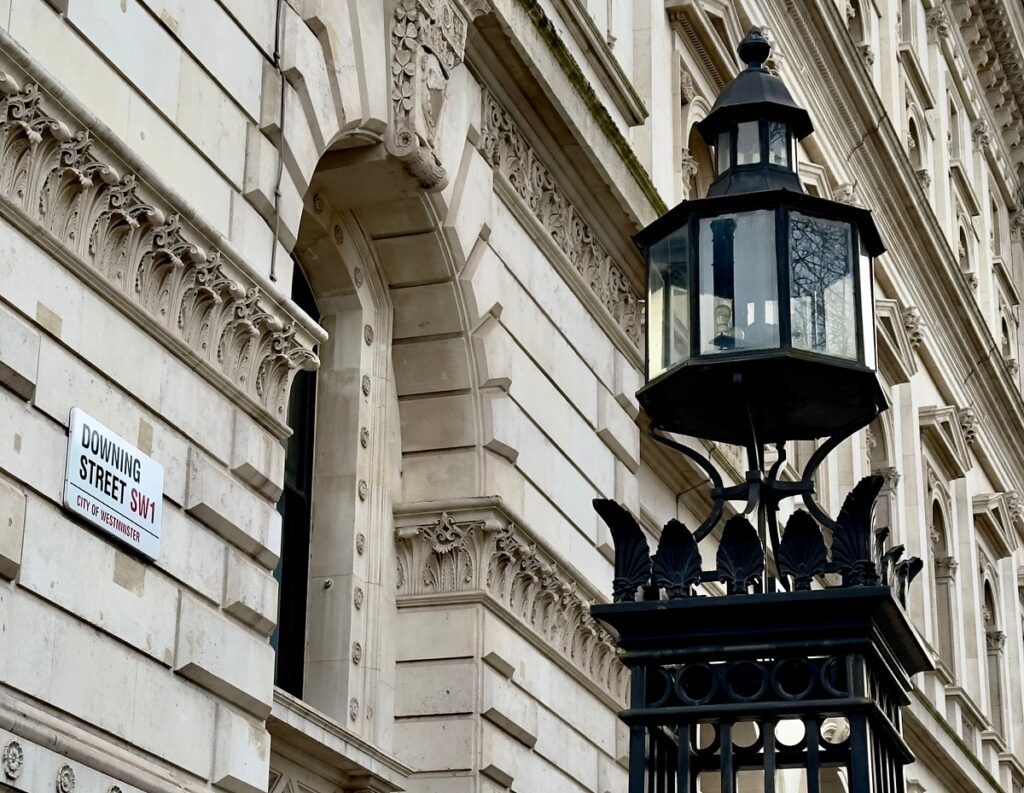Welcoming investment in health services
The Autumn Budget announcement saw the Chancellor both set out her plans for investment in health services, and put in place measures to disincentivise activities that can cause ill-health.
This aligns to the ‘three strategic shifts’ for the NHS flagged by Secretary for Health and Social Care Wes Streeting: from ‘hospital to community’, from ‘analogue to digital’ and from ‘treatment to prevention’.
It also fits with the Darzi review which found that issues in the NHS are in part due to a wider set of challenges: the deteriorating health of the nation and significant inequalities in health and care.

What the Budget includes for health and social care
- The Budget announcement confirmed an additional £22.6 billion for day-to-day spending over two years for the Department of Health and Social care. This is a two year average real terms NHS growth rate of 4.0%. The Government says it will support the NHS to deliver an extra 40,000 elective appointments per week and reduce waiting times in the NHS. In tandem, pathways will be reformed to ensure patients are seen in settings which can deliver better patient experience for lower cost.
- In his recent review, Lord Ara Darzi found the NHS had been “starved of capital” funding during the 2010s, with a £37 billion shortfall which reduced hospital productivity. An increase in capital funding for the NHS includes around £1.5 billion for new surgical hubs and diagnostic scanners to build capacity for over 30,000 additional procedures, and over 1.25 million diagnostic tests as they come online.
- There is over £1 billion to tackle dangerous reinforced autoclaved aerated concrete (RAAC) and make inroads into the existing backlog of critical maintenance, repairs and upgrades across the NHS estate
- There is more than £2 billion for NHS technology and digital to improve the running of essential services and drive NHS productivity improvements. Among other things, this will be used to ensure all trusts have Electronic Patient Records, improve cyber security, and enhance patient access through the NHS App.
- To support primary care, £100 million will be earmarked for 200 GP estate upgrades across England. This is to improve use of existing buildings and space, boosting productivity and enabling delivery of more appointments.
- There is £26 million to open new mental health crisis centres, giving people in mental health crisis an alternative to attending emergency departments (EDs), and reducing the pressure on EDs.
- Delivery of the NHS Hospital Programme will continue on what the Government says will be a more sustainable footing, through a rolling programme of major investment. Further details will be set in due course.
- There will be £460 million investment in pandemic preparedness, including replenishing personal protective equipment, vaccine and medicines stockpiles, and investing in critical infrastructure, such as high-containment laboratories.
- There will be a real terms increase in funding for the National Institute for Health and Care Research, to protect core research and development budgets, with all the benefits that brings for patients and life sciences investments.
In implementing the settlement, DHSC (including the NHS) will deliver 2% productivity next year.
To deter activities that can lead to ill-health, the Government is also:
- increasing taxes on cigarettes yearly through this Parliament, with a larger increase on hand-rolling tobacco this year
- introducing a new vaping duty from October 2026 (matched by an uplift on tobacco duty too)
- increasing the levy on soft drinks, reviewing the current sugar thresholds and the exemption for milk-based drinks.

Commenting on the Autumn Budget, Sue Hunter, Managing Director at TPHC, said:
‘TPHC welcome’s the investment in the NHS and social care announced in the Autumn Budget. With the new 10-year plan for the NHS expected in spring 2025, it is an important first step toward building a stronger, resilient NHS that best serves the nation’s health and helps tackle stark inequalities.
‘‘As transformation experts with NHS values at our heart, we are energised by the Government’s focus on reforming the NHS through a shift from analogue to digital, from hospital to community and from sickness to prevention.
‘‘Our team is here to guide NHS and social care organisations through complex challenges and environments. Our goal is to help them be best placed for change so they can maximise their investments; resulting in improved access, care and experience for their patients, and increased productivity and efficiency for staff, so they can concentrate on providing timely and enhanced care.’’
About TPHC
TPHC’s Consultancy team provides multidisciplinary skills and expertise, supporting health and care organisations to meet their transformation and improvement objectives.
See our case studies and 2023/24 Annual Impact Report for a snapshot of our work, including service and pathway development, improving patient engagement and quality of care, reducing waiting times, and driving forward digital innovation and digital productivity to maximise efficiency within the workforce.
Email us to arrange an informal conversation about your challenges, and strategic priorities and how we can help take them forward.
